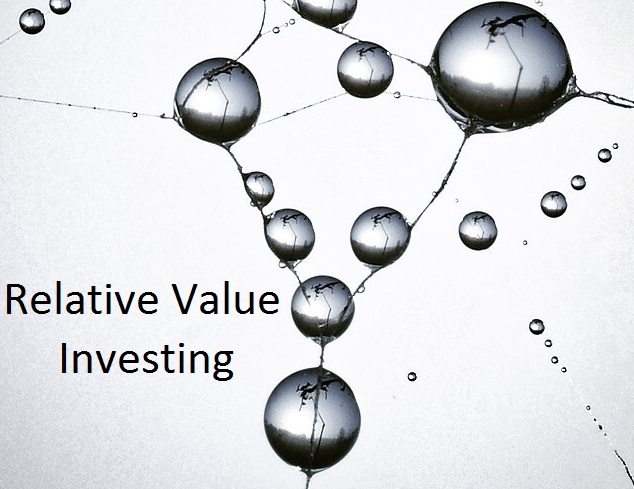I am more than a little intrigued that the wave of financial press extolling the virtues of passive (index) investing is totalling ignoring the backdrop to the market since index investing began. The credit expansion period of 1974 to 2008 saw massive expansion in debt worldwide. “Coincidentally” this reflected the upward movement of stock markets and economy’s of the corresponding period.
Currently passive investing enthusiasts are revelling in the under-performance of active fund managers as a whole. My concerns are based on the situation of economies and banks shrinking their ability to provide credit and liquidity to markets. If this ensues for an extended period passive index’s may struggle to add much positive performance.
I cut and paste from The Felder Report and link the entire article for your reading pleasure
“The single greatest mistake investors make is to extrapolate recent history out into the future. They take the financial returns of the past 5 days or 5 years or even 50 years and assume the next few days or years will look just the same without any consideration for the historical context or conditions that provided for those returns.
They forget that, while ‘history may rhyme, it doesn’t repeat itself’ (Twain). Or that, “the only thing that is constant is change” (Heraclitus). These two famous quotes apply to the financial markets as much as anything.
Ignoring these truths and instead simply extrapolating is why investors are suckered into pouring money into the stock market only after a run of great performance. They believe that the recent gains are about to repeat to their great benefit when they should be thinking about what conditions allowed for those gains to take place and analysing whether they are still relevant or not.
This is also why they are suckered into selling only after a painful decline as they did at the lows made during the financial crisis. They believe that they are about to suffer another 50% decline on top of the one they just endured when they should really be reminding themselves that change is the only guarantee in life.
I believe this is one of the biggest problems with so-called “passive” investing. It is built upon the faulty premise that it is ‘impossible to forecast’ the future returns of any asset class over any period of time so we should just own all of them all the time. My response to this is that while ‘ignorance may be bliss’ it’s not a valid investment strategy.”
Source: The Felder Report

